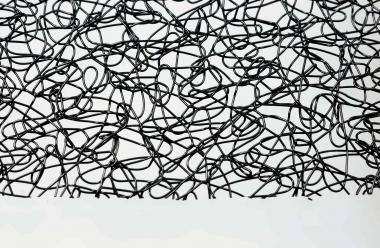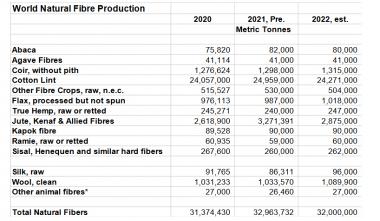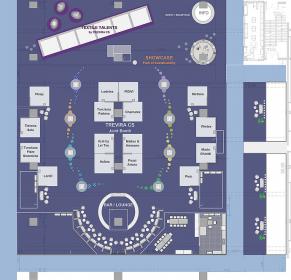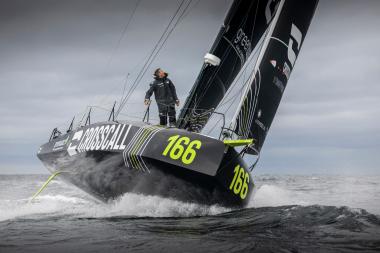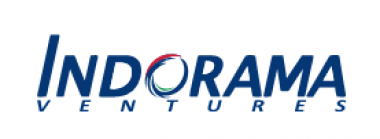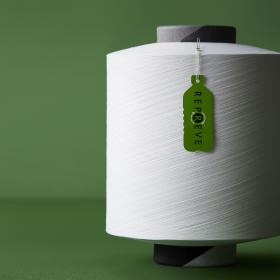AFRY project partner in TreeToTextile
- TreeToTextile sustainable textile fibre demo plant in Sweden
TreeToTextile, owned by H&M Group, Inter IKEA Group, Stora Enso, and LSCS Invest, invested €35 million in constructing a textile fiber process technology demonstration plant in Sweden. AFRY supported TreeToTextile throughout the project in the development and implementation phases from 2016-2022. The demonstration plant is now in the start-up phase.
TreeToTextile is offering a new technology to produce bio-based textile fibers with a low environmental footprint and aims to make sustainable textile fibers available to all. The new fiber is a regenerated cellulosic fiber, produced from renewable and sustainably sourced raw materials from forests. TreeToTextile has invested €35 million in developing and constructing a new demonstration plant in Nymölla, Sweden. This investment is a crucial step prior to the scale-up and commercialization of this technology.
AFRY has been the leading consultant and engineering partner of TreeToTextile from its early stages of project development in 2016, continuing onto demo plant implementation engineering from 2020-2022 In the project development phase, AFRY’s assignment included several pre-feasibility and feasibility studies, process design, up-scaling evaluations, and supplier pilot runs planning. In the demo plant implementation phase, AFRY was responsible for the engineering, project management and site services, also providing many additional services like permit and procurement support as well as machine and IT solutions.
“AFRY and TreeToTextile have a long-lasting, mutually developing relationship that we hope to continue. Together with AFRY, we have overcome the challenges through close collaboration, flexibility, broad competence and most important of all, mutual commitment”, says Olli Ylä-Jarkko, CTO at TreeToTextile.
The commissioning of the demonstration plant started in the summer of 2022, and the project was handed over to TreeToTextile for start-up and further optimization of the process.
“I’m proud of the deep and long-lasting cooperation with TreeToTextile. This project shows AFRY’s ability and wide competence to meet various demands of customer investment projects – from early phase development to implementation. AFRY’s long experience with bio-based materials, combined with our extensive process industry and project execution experience, makes us a unique partner for industrial clients in accelerating their bio-based fibers to scalable commercial production”, says Lisa Vedin, Head of Process Industries Sweden at AFRY.
Afry











